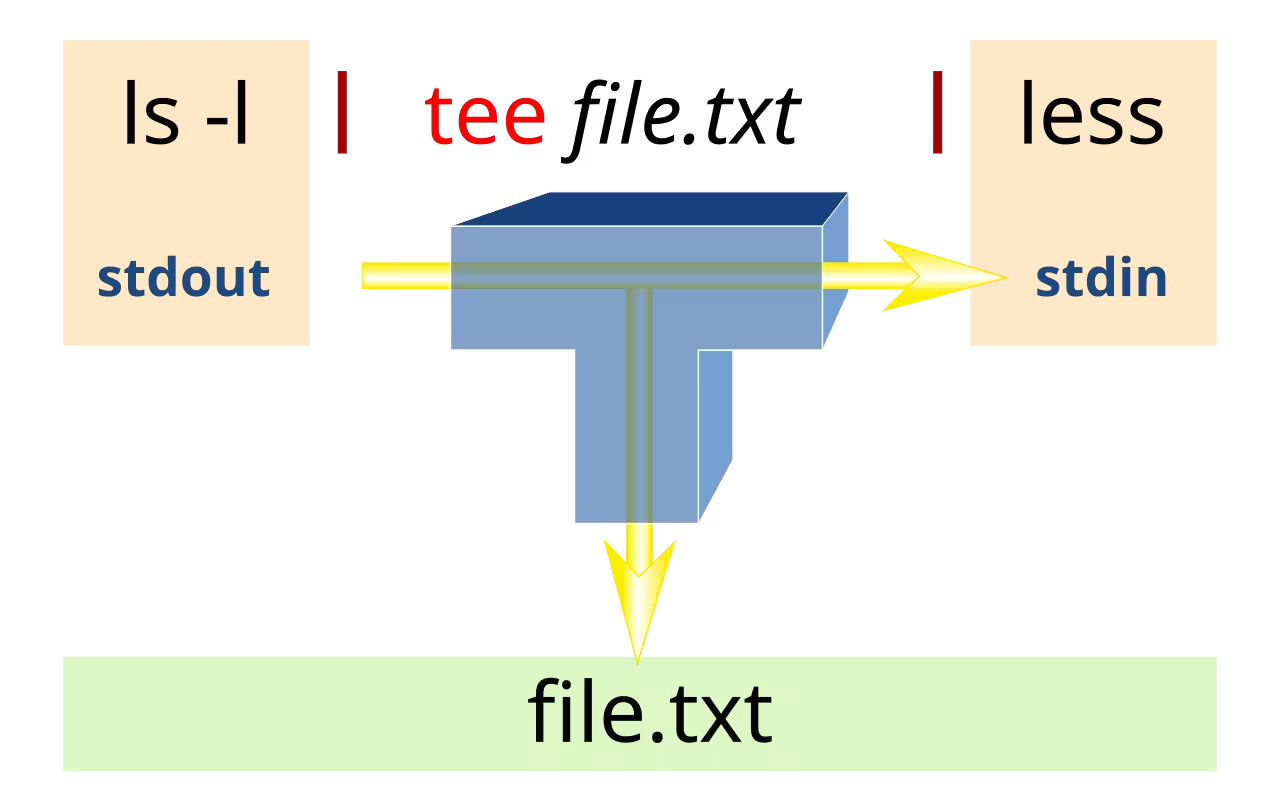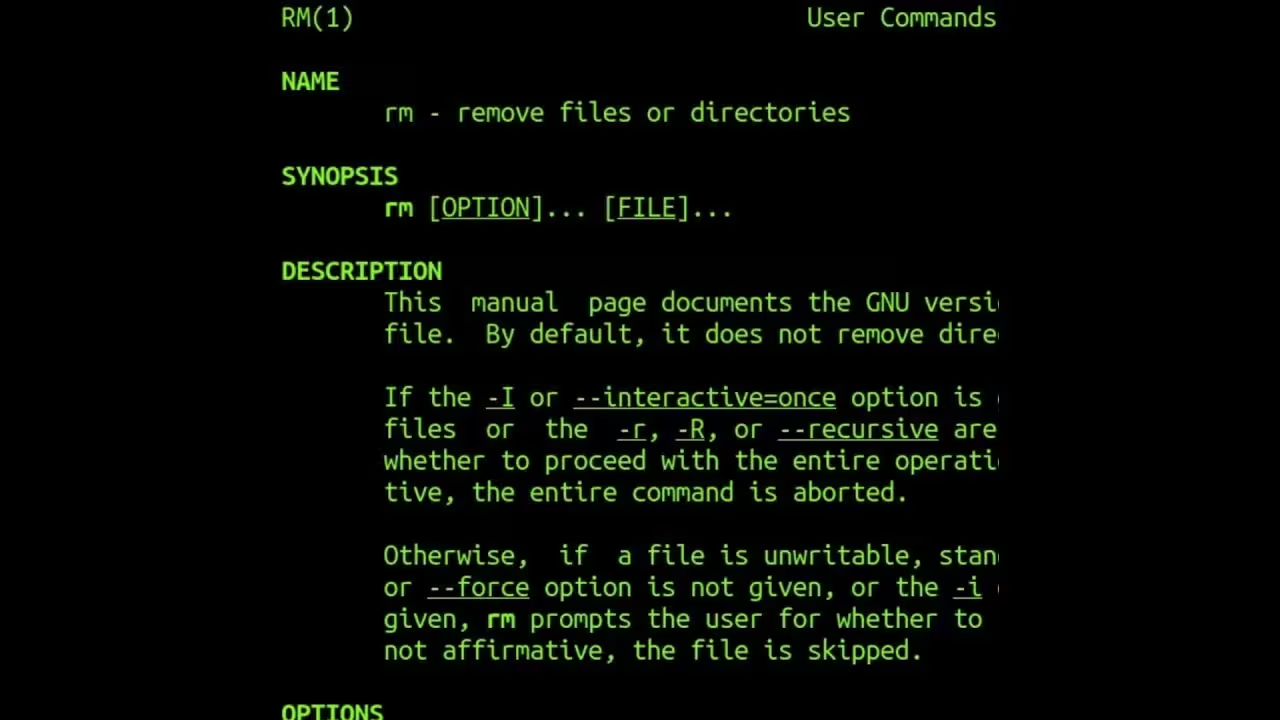The locate command in Linux is used to quickly find files and directories by searching a pre-built database of file paths. It’s faster than find but requires the database to be updated regularly using the updatedb command. Below are practical examples to master locate:
Contents
- Search for a File by Name
- Search for Files with a Specific Extension
- Limit the Number of Results
- Ignore Case Sensitivity
- Count the Number of Matching Files
- Update the Locate Database
- Search for Files in a Specific Directory
- Exclude Specific Paths from the Search
- Display Only Existing Files
- Search for Files Modified in the Last 24 Hours
- Search for Files Owned by a Specific User
- Search for Files with a Specific Pattern
- Display the Database Paths
- Search for Files with Spaces in Their Names
Search for a File by Name
locate file.txt
Finds all files named file.txt in the database.
Search for Files with a Specific Extension
locate "*.log"
Finds all files with the .log extension.
Limit the Number of Results
locate -n 10 file.txt -n 10: Displays only the first 10 results.
Ignore Case Sensitivity
locate -i File.TXT -i: Performs a case-insensitive search.
Count the Number of Matching Files
locate -c file.txt -c: Displays the count of matching files instead of listing them.
Update the Locate Database
sudo updatedb
Updates the database used by locate to include new files.
Search for Files in a Specific Directory
locate /var/log/*.log
Finds .log files only in the /var/log directory.
Exclude Specific Paths from the Search
locate -e --regex '^/home/(?!user1).*' -e: Excludes paths matching the regex (e.g., excludes/home/user1).
Display Only Existing Files
locate -e file.txt -e: Filters out paths that no longer exist.
Search for Files Modified in the Last 24 Hours
locate -c --regex '.*' | xargs -I {} find {} -mtime -1 - Combines
locatewithfindto filter files modified in the last 24 hours.
Search for Files Owned by a Specific User
locate -r '^/home/user1/.*' | xargs -I {} ls -l {} - Uses
locateandlsto find and list files owned byuser1.
Search for Files with a Specific Pattern
locate -r '/var/log/.*\.log$' -r: Uses regex to match.logfiles in/var/log.
Display the Database Paths
locate -S -S: Shows statistics about the locate database (e.g., paths, file count).
Search for Files with Spaces in Their Names
locate "*my file*"
Finds files with spaces in their names (e.g., my file.txt).
Key Notes:
- Database Updates: Run
sudo updatedbregularly to keep the database current. - Speed:
locateis faster thanfindbut may not reflect recent changes. - Limitations:
locatecannot search file contents or metadata (usefindfor advanced searches).










